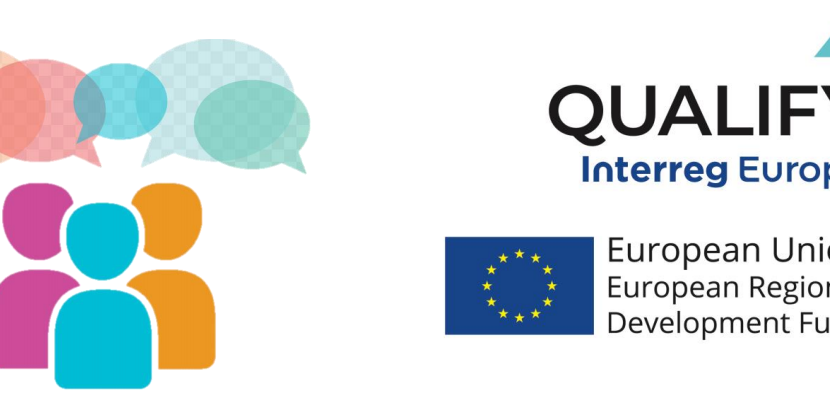Image

Survey and focus group: perception of food authenticity
Published on 29 July 2021

Spain
Cataluña
This is the good practice's implementation level. It can be national, regional or local.
About this good practice
The first action consisted of a survey carried out on a mobile application (answered by 771 people). The second action consisted of a focus group, lasting 70-90 minutes, with a representative group of 23 consumers.
The aim of both was to determine which aspects related to authenticity are most important to consumers, in order to be able to focus authenticity promotion policies in a more targeted and efficient way.
Both the survey and the focus group assessed the degree of consumer concern in aspects related to authenticity (geographical origin, proximity, etc.), quality (processing, quality brands, organic products), nutritional value and possible perceived risks, among others.
The importance that consumers attach to labeling mentions and in particular to those related to authenticity has also been evaluated.
The perception that the consumer has of the control tasks of the administration has been collected.
Finally, future concerns have been collected, and the need to create systems that allow the verification of food information (origin, transformation methods, breeding and production system, ingredients, etc...) has been valued.
The aim of both was to determine which aspects related to authenticity are most important to consumers, in order to be able to focus authenticity promotion policies in a more targeted and efficient way.
Both the survey and the focus group assessed the degree of consumer concern in aspects related to authenticity (geographical origin, proximity, etc.), quality (processing, quality brands, organic products), nutritional value and possible perceived risks, among others.
The importance that consumers attach to labeling mentions and in particular to those related to authenticity has also been evaluated.
The perception that the consumer has of the control tasks of the administration has been collected.
Finally, future concerns have been collected, and the need to create systems that allow the verification of food information (origin, transformation methods, breeding and production system, ingredients, etc...) has been valued.
Resources needed
The resources needed were human resources, in particular 4 people from the team for the drafting and carrying out of the survey, and later, the processing of the data and interpretation of the results.
For the survey we have also counted with the collaboration of an external consultant specialized
For the survey we have also counted with the collaboration of an external consultant specialized
Evidence of success
Although the sample is not representative of the overall of consumers, we were able to draw interesting conclusions regarding the main indicators used by consumers (labeling, effects on the organism, place of purchase, price, brand and applications).
An increase in consumer interest in the origin and authenticity of products and the lack of some informations available has been observed.
These results serve as a guide to implement improvements in policies to promote food authenticity.
An increase in consumer interest in the origin and authenticity of products and the lack of some informations available has been observed.
These results serve as a guide to implement improvements in policies to promote food authenticity.
Potential for learning or transfer
This is an interesting practice to share and expand to a larger survey base, in order to gather the concerns of consumers in different regions and establish a comparison.
It has also been collected in the focus group the fact that currently the existing applications on the market are only used to consult ultra-processed foods, since there is a lack of applications or databases that allow comparing other types of food.
Given the willingness observed on the part of consumers to use new technologies to obtain information, it would be interesting to see if this lack is also present in other regions and to try to find ways to provide consumers with reliable and fast sources of information related to authenticity.
It has also been collected in the focus group the fact that currently the existing applications on the market are only used to consult ultra-processed foods, since there is a lack of applications or databases that allow comparing other types of food.
Given the willingness observed on the part of consumers to use new technologies to obtain information, it would be interesting to see if this lack is also present in other regions and to try to find ways to provide consumers with reliable and fast sources of information related to authenticity.
Further information
Website
Good practice owner
You can contact the good practice owner below for more detailed information.
Organisation
Regional Government of Cataluña

Spain
Cataluña
Contact
Agricultural Engineer. Quality and food fraud inspector